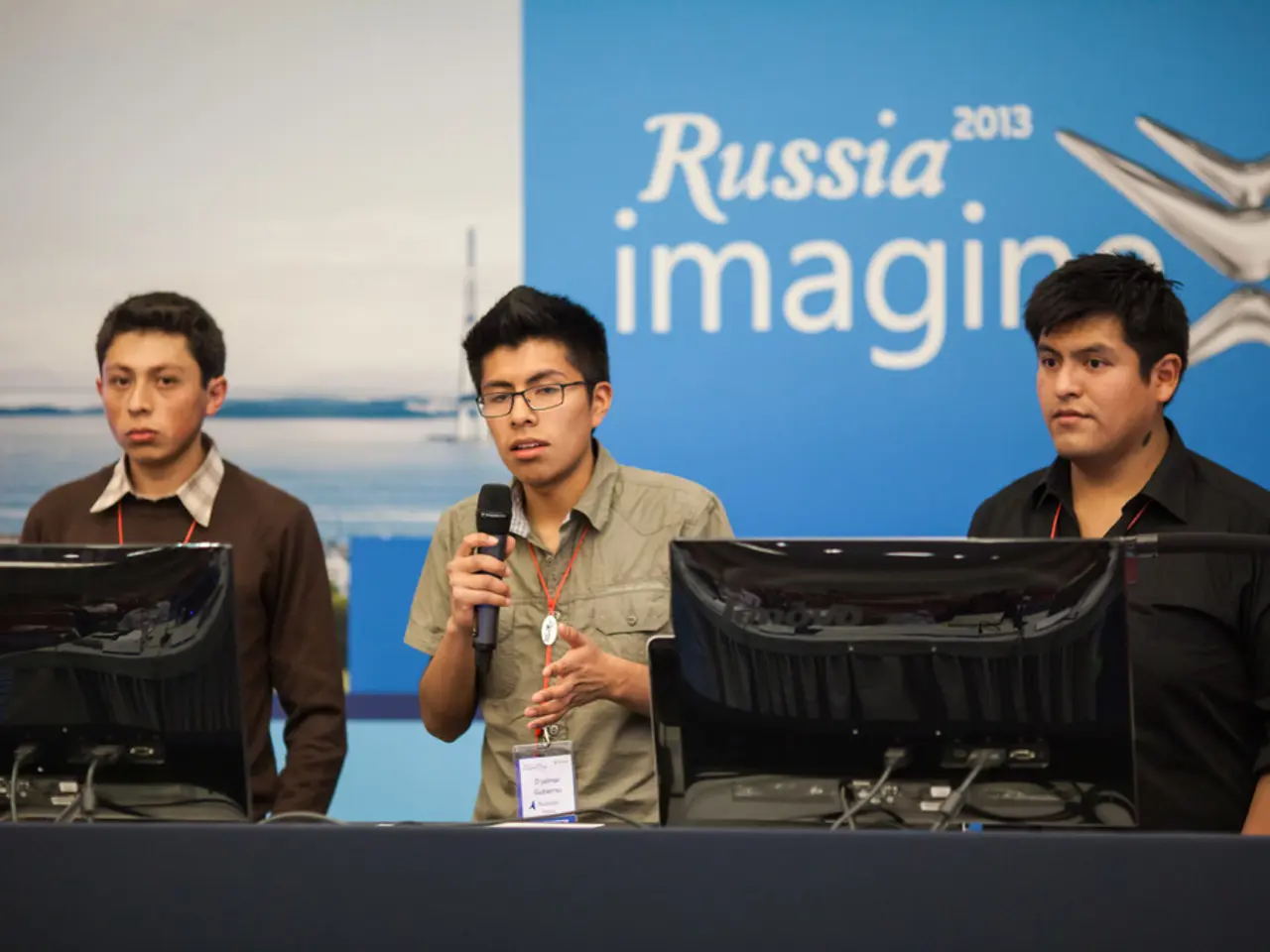AI poses risks to the welfare of indigenous communities, as per the United Nations' caution.
The United Nations (UN) has issued a warning about the potential dangers of artificial intelligence (AI) for indigenous populations. The warning was issued on Saturday, during the International Day of Indigenous Peoples.
While the UN did not mention any plans or initiatives to mitigate these potential dangers, the organisation has highlighted several concerns about how AI may exacerbate stereotypes, exclusion, and misrepresentations of indigenous peoples.
One of the main issues is that AI is often trained on biased, Eurocentric data, which erases indigenous languages, reinforces harmful stereotypes, and misrepresents indigenous identities and cultures. Indigenous peoples are rarely involved in AI development, leading to AI systems that do not reflect their realities or respect their rights.
Specific ways AI worsens these issues include language and cultural erasure, stereotype reinforcement and misrepresentation, digital colonization, biometric misidentification and racial profiling, exclusion from data governance and decision-making, exploitation and commodification of indigenous data and identities, and reinforcement of existing power imbalances and colonial relationships.
The UN's warning did not specify which indigenous groups are most at risk, nor did it provide any evidence to support its claims. Additionally, the UN did not address the potential benefits of AI for indigenous populations beyond cultural revitalization, strengthening youth, and adapting to climate change.
Despite these concerns, it's important to note that AI can support cultural revitalization, strengthen youth, and adapt to climate change for indigenous populations. However, for this to happen, indigenous peoples must be involved in AI development and decision-making processes, and AI systems must be designed with cultural safety and ethical participation in mind.
The UN's call reflects growing concerns from indigenous leaders and UN bodies for indigenous-led AI development, upholding data sovereignty, cultural safety, and ethical participation to prevent AI from deepening historical injustices. The UN emphasises that AI’s impact is not neutral but shaped by whose perspectives and ethics are embedded in its design and governance.
References:
- Amnesty International
- Human Rights Watch
- United Nations Permanent Forum on Indigenous Issues
Science and technology, specifically artificial intelligence (AI), have the potential to significantly impact indigenous populations either positively or negatively, according to UN bodies such as the United Nations Permanent Forum on Indigenous Issues, Amnesty International, and Human Rights Watch. This potential impact is due to the danger of AI systems being biased, reflecting Eurocentric data that erases indigenous languages, reinforces harmful stereotypes, and misrepresents indigenous identities and cultures. It's essential for indigenous peoples to be involved in AI development and decision-making processes for the technology to support cultural revitalization, strengthen youth, and adapt to climate change without deepening historical injustices, as emphasized by the UN.




